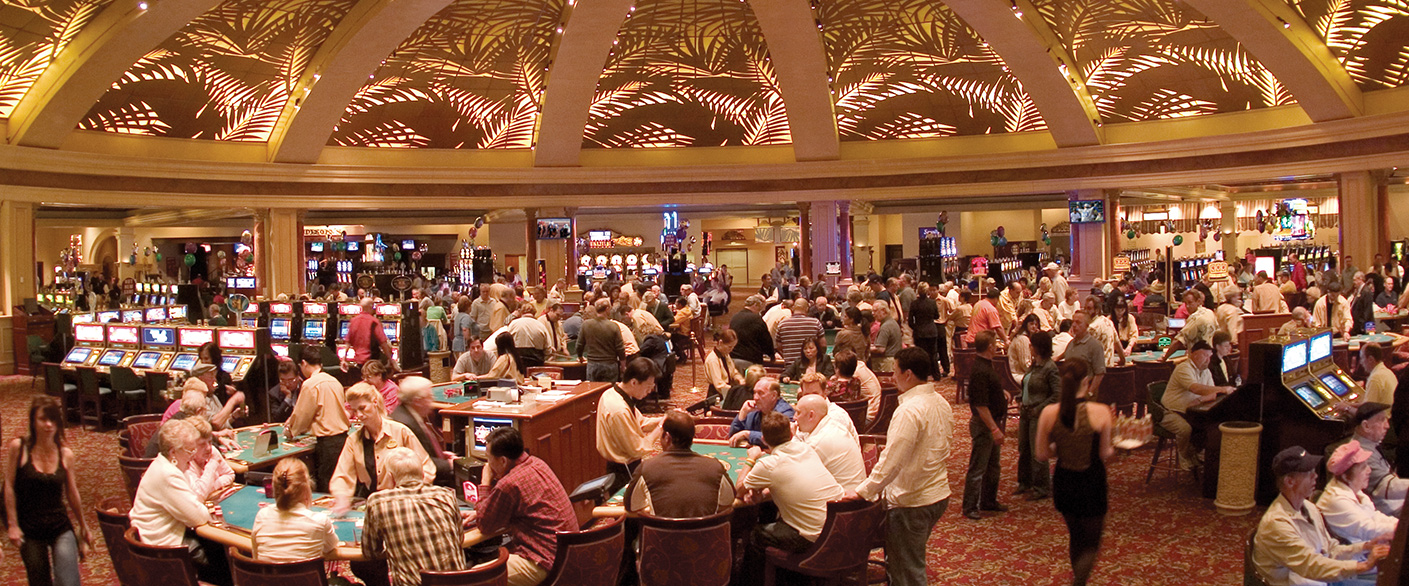Gambling games have long been a engaging source of amusement, drawing countless of players from diverse cultures around the globe. From the glitzy casinos of Vegas to the busy gambling halls of Macau, these games serve as a common thread that unites people across different backgrounds. The allure of fortune, skill, and gambling entices not only those hoping to gamble for profit but also those in search of a feeling of belonging.
The cultural impact of casino games extends significantly past the gaming floor. They often embody the social norms and principles of the cultures in which they prosper. Games such as poker, blackjack, and roulette have embedded themselves into the mosaic of cultural phenomena, influencing everything from films to clothing. As we explore this intriguing intersection of chance and life, we can better understand how gambling games shape and are affected by the environment surrounding us.
Historical Development of Gambling Activities
The roots of gambling games can be tracked back to historical civilizations, where betting in different forms was widely practiced. In Ancient China, around two thousand three hundred years before Christ, a type of gambling known as Keno was popular, while in historic the Roman Empire, soldiers would frequently bet on the results of their matches. The idea of using luck for fun and profit evolved over the years, leading to the creation of more formal games. By the late Middle Ages, betting houses began to emerge in the continent, especially in Italy, which presented early versions of well-liked activities still enjoyed today.

As gambling expanded recognition in Europe, the 17th and 18th centuries saw the emergence of gaming houses as specialized establishments for betting. The first official casino, the Ridotto, was set up in the Venetian city in 1638, providing games like the game of Baccarat and Faro. This period marked a crucial shifting point, as gaming venues commenced to draw not just the high society but also the burgeoning middle-tier society. The sophistication of activities grew, leading to the introduction of new regulations and versions that enriched the experience of players.
In the 19th century, the industrial age and changes in societal conventions additionally altered the landscape of gambling games. pragmatic4d The launch of the game of roulette and contemporary one-armed bandits attracted a larger audience, and casinos became seen as legitimate forms of entertainment. This era witnessed the globalization of gaming, as gambling houses extended from Europe to the New World, culminating in the creation of the famous Las Vegas Strip in the 20th century. The evolution of gambling activities has persisted into the modern era, including modern technology and digital services, rendering them accessible to a global audience.
### Cultural Significance within Different Communities
Gambling games have deep-rooted cultural significance across a multitude of cultures around the globe. Places like Las Vegas, the very fabric of the urban landscape is woven around gaming venues, where gaming is not just a recreational activity but a key aspect of social engagement and social interaction. The vivid lights and vibrant atmosphere attract countless individuals, showcasing how gambling activities can impact local economies and local cultures. This surrounding transforms the notion of recreation into an engaging experience that influences apparel, music, and even movies.
On the other hand, some communities approach wagering with an air of caution, considering it through the lens of ethical considerations and customs. For instance, in various Asian communities, games like Mahjong and Pai Gow Poker are steeped in history and possess significant social meanings. These games are often played during get-togethers and festivities, fostering social ties and solidifying familial ties. The act of participating in these games goes beyond mere amusement, reflecting principles such as honoring elders and the significance of collective enjoyment.
Meanwhile, in Western countries such as Monaco and Rome, gambling activities serve as symbols of opulence and elegance. The stylish atmosphere of these establishments attracts both tourists and native inhabitants, reinforcing a sense of status and rarity. The art of Texas Hold’em and the strategic features of games like banker’s game are esteemed, shaping community relationships and establishing an attraction that enthralls a diverse audience. This highlights how casino games can simultaneously mirror and influence societal views towards hazard, reward, and relationship building.
Financial Influence and Tourism
Gambling activities play a crucial role in the financial context of many areas, particularly those that rely heavily on visitor traffic. The revenue produced from gambling establishments fuels local economies, creating employment opportunities not only within the casinos but also but also in connected industries such as hotel management, restaurant services, and recreation. This surge of tourists, drawn by the allure of gambling and the overall casino experience, stimulates spending across multiple businesses, contributing to the economic vitality of the area.
The presence of casinos often leads to the construction of infrastructure, including hotels, transportation systems, and recreational facilities. These developments are essential in enhancing the overall visitor satisfaction, making locations more attractive to visitors. Additionally, many casinos contribute in local communities through sponsorship of events and philanthropic activities, further integrating themselves into the community structure of the region. Such investment not only supports economic growth but also cultivates a positive reputation of the gambling sector.
Furthermore, the global popularity of casino games drives competitive tourism, with regions vying to attract players from across the globe. Iconic destinations like Las Vegas and Macau have become synonymous with gambling culture, drawing millions annually. This advantage encourages innovation and diversification within the gambling sector, influencing trends in leisure and accommodation that resonate beyond their borders. The ripple effects of this visitor influx extend wide, impacting local economies and cultural interactions on a global scale.